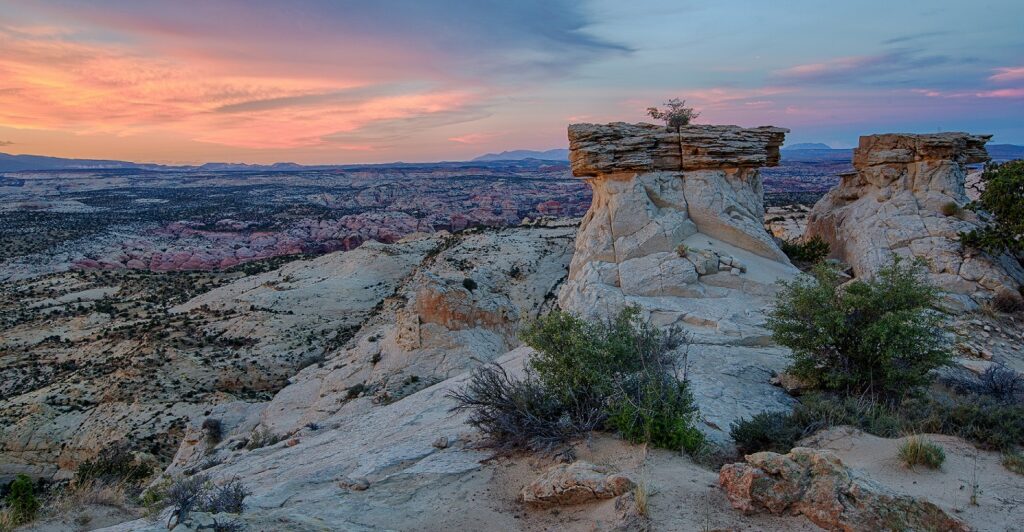Last month, Congress approved a massive, bipartisan federal lands bill, designating five new national monuments, 1.3 million acres of wilderness, 620 rivers as wild and scenic, and permanently reauthorizing the Land and Water Conservation Fund. This legislative undertaking “touches every state, features the input of a wide coalition of our colleagues, and has earned the support of a broad, diverse coalition of many advocates for public lands, economic development, and conservation,” said Senate Majority Leader Mitch McConnell (R-Ky.). That consensus is impressive in these partisan times, and it suggests these protections will endure.
It is unimaginable that these designations by Congress will be as controversial in two decades as, say, Grand Staircase-Escalante National Monument remains today, 20 years after President Clinton unilaterally proclaimed the monument under the Antiquities Act. The long-simmering political dispute over Clinton’s actions ultimately led to President Trump substantially reducing the size of the monument last year. That, too, is the source of significant conflict.
These two cases reflect conflicting visions of how environmental decisions should be made. When Congress decides, the outcome likely will reflect consensus and compromise. Everyone may not get exactly what they want, but no one completely loses, either. The compromise also is more likely to reflect careful deliberation (the recent public lands bill was in the works for four years) and open debate.
When the executive alone decides, however, the result is more likely to be a one-sided outcome, made with limited public process and without considering opposing views. That’s what happened with the Grand Staircase, which was denounced by former Rep. Bill Orton (D-Utah) as “going around Congress and involving absolutely no one from the state of Utah in the process. There was a major screw-up in the way it was done and how it was drafted.” Utah’s governor and congressional delegation opposed the monument, which is entirely contained within the state. When Clinton announced his decision, Utah officials were excluded in favor of celebrities and environmental activists, including Robert Redford.
…
Read the full article in The Hill.




